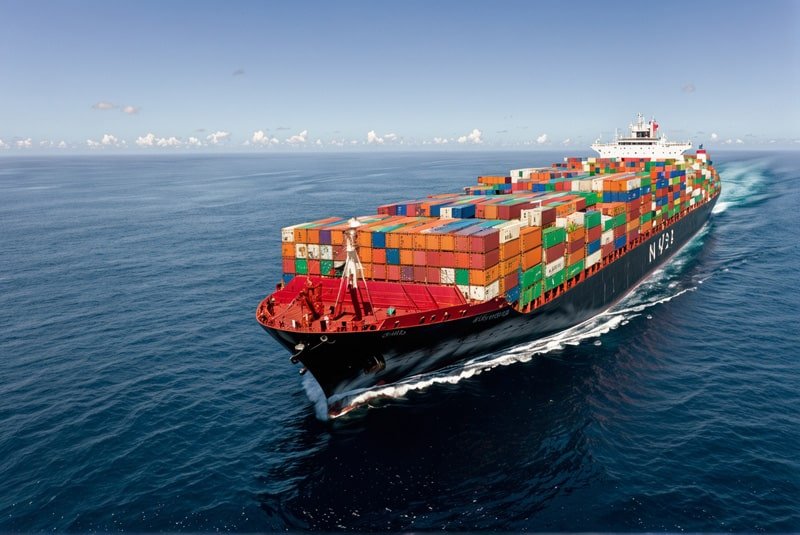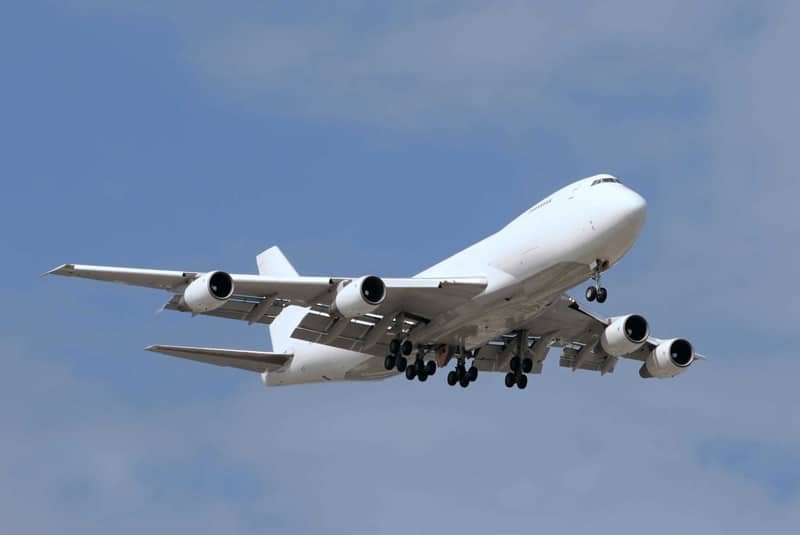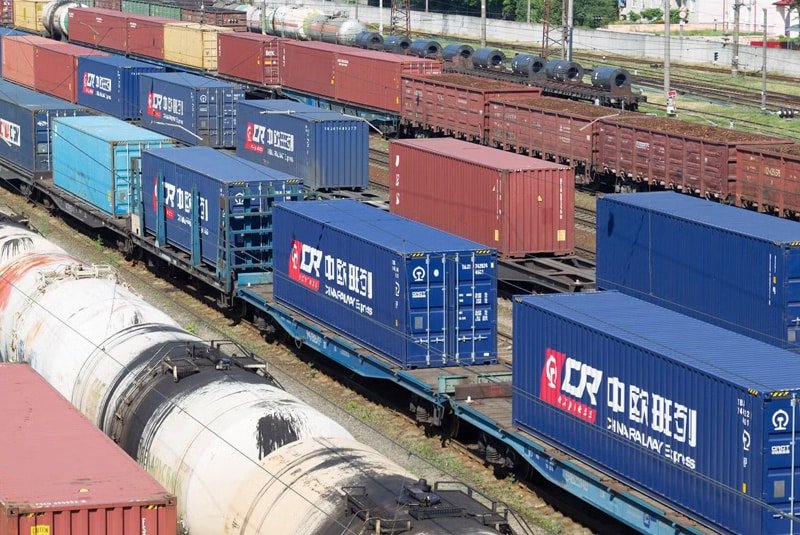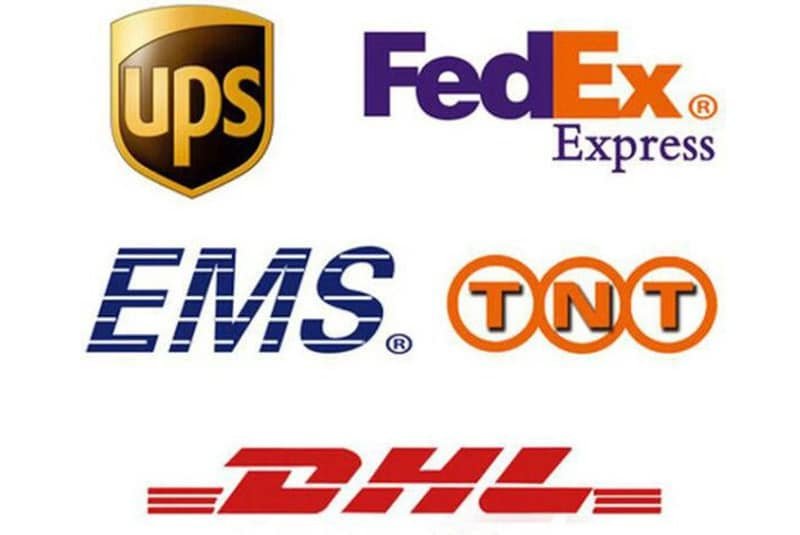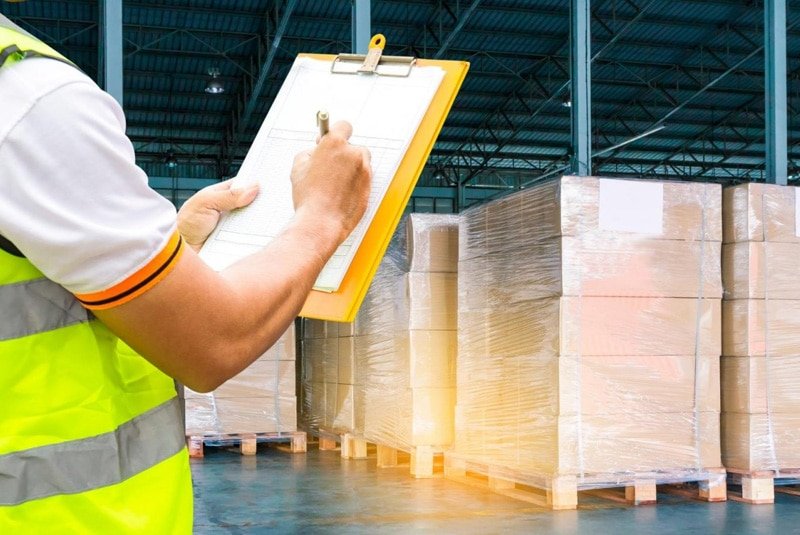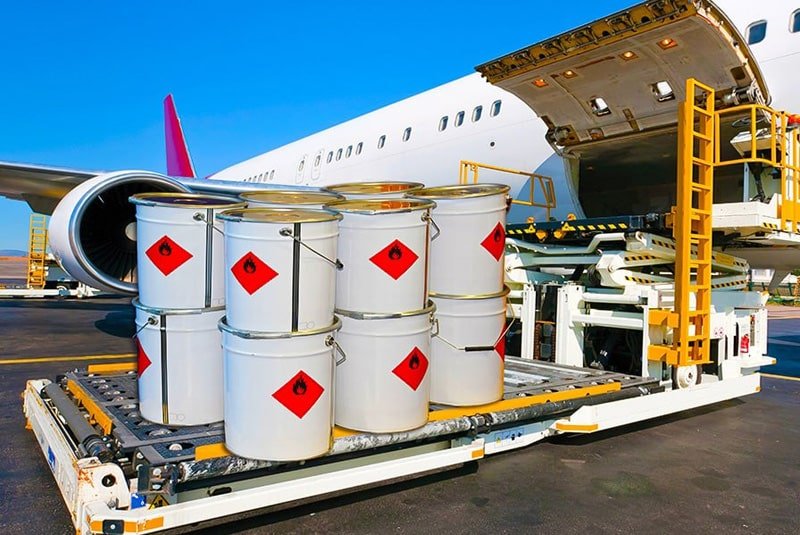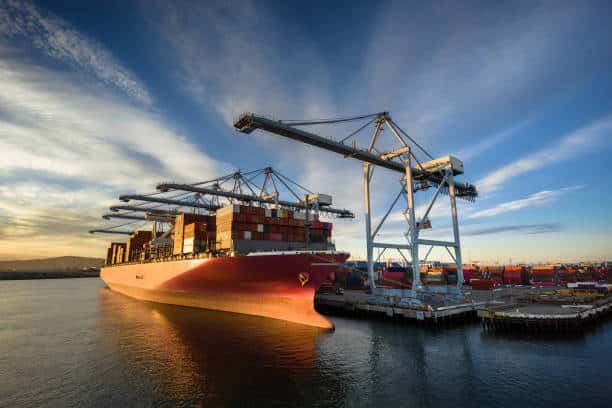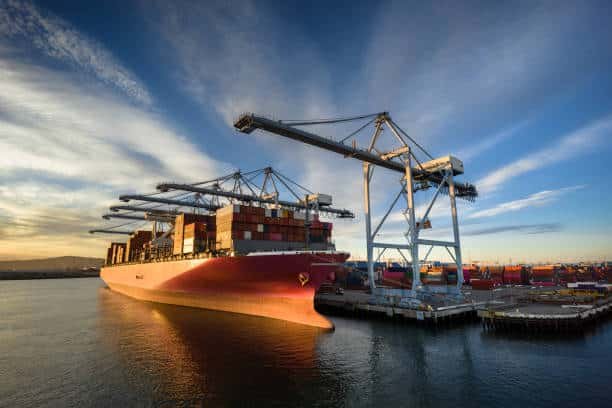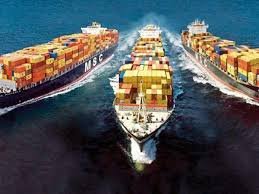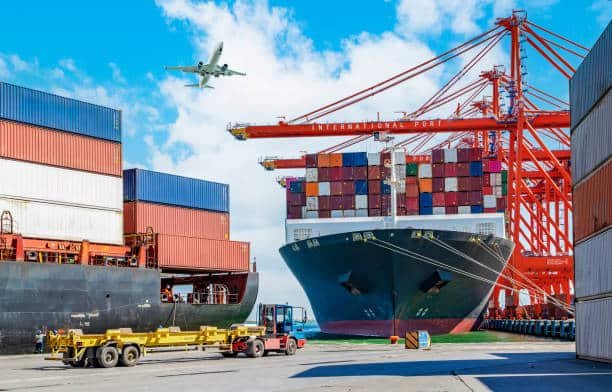Complete guide on shipping from China to Tunisia that talks about sea freight, air freight, what to expect in costs, documentation needed, customs procedures and the logistics options available for businesses and importers.
Introduction to China-Tunisia Trade Shipping

The big growth in trade between China and Tunisia over the last decade now means that efficient ways to send goods by ship are very important for companies of both countries. China is a key country from which Tunisia frequently imports many goods such as electronics, machines, textiles and other consumer products.
Exporters, importers and businesses that wish to trade between China and Tunisia need to learn about the complexities of shipping. This helpful guide tells you about shipping, documentation, possible expenses and logistics.
Primary Shipping Methods from China to Tunisia
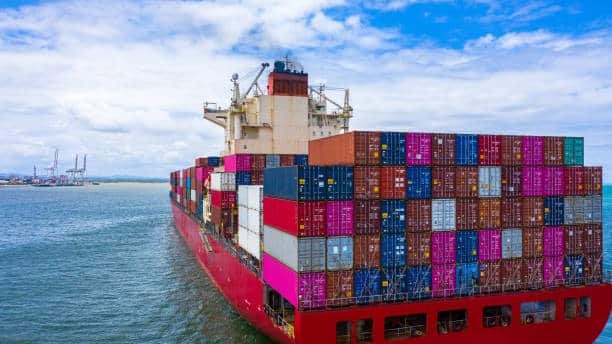
Sea Freight Options
Sea freight is the most economical way to send goods from China to Tunisia when you need to ship a lot and the cargo is not urgent.
For those with enough freight to take up an entire container, FCL shipping is the most suitable way to go. Twenty-foot, forty-foot and forty-foot high-cube containers are among the most common ones. China’s top ports of Shanghai, Ningbo, Shenzhen and Guangzhou serve Tunisia, reaching its main ports of Radès, Sfax, Bizerte and Sousse.
LCL shipping gives businesses a way to send smaller amounts of cargo since they don’t need an entire container. There are many logistics providers in China, like Guanwutong, that give dependable LCL consolidation services for journeys from China to Tunisia.
Sea freight shipments are delivered in about 25 to 35 days depending on the required route, shipper and if there are any stops along the way. Direct services are supplied, unless the route involves going through Mediterranean transit hubs.
Air Freight Solutions
In Shipping Products From China To Tunisia, Pengangkutan Udara is best suited for urgent goods, valuable cargo or cargo that needs to arrive on time.
From China, air cargo is sent through Shanghai Pudong, Guangzhou Baiyun and Beijing Capital Airports and then received at Tunis-Carthage International Airport (TUN) for smaller destination routes. Transportation usually takes 5-7 days, including the time needed for customs clearance.
DHL, FedEx and UPS from Express Courier Services International provide pintu ke pintu delivery along with strong tracking and fast processing. They are meant for things like letters, samples and small-sized packages.
Emerging Rail Freight Options
The China-Europe Railway Express network is creating chances for shipping cargo from China to Tunisia via the Mediterranean route. Even though rail freight doesn’t serve Tunisia directly, it can still work with sea routes to create better and cheaper choices for businesses.
Essential Documentation and Customs Requirements

Required Documentation
Good records play an important role in the customs clearance process when shipping from China to Tunisia. Important documents are the following:
- Prices, type of goods and payment terms should be stated in the commercial invoice.
- A Complete list of what is included in the shipment
- Contract and receipt for modes of sea and air freight are called Bill of Lading or Airway Bill (respectively).
- Issuing a Certificate of Origin for goods’ country of manufacture
- You must have an Import License for some restricted products.
- Quality, health or safety certifications that are part of the inspection process
Tunisian Customs Procedures
It is necessary to be exact and careful with the necessary documents for customs in Tunisia. Various products are subject to different import duties and taxes and some goods may not be allowed into the country. Getting assistance from well-informed customs brokers in Tunisia increases the probability of a smooth clearance.
Firms have to pay attention to the unique rules for products in categories such as electronics, pharmaceuticals, food products and textiles. With its knowledge of China-Tunisia trade, Guanwutong makes it possible to meet these difficult requirements.
Shipping Costs and Pricing Considerations

Sea Freight Pricing Structure
The expenses for sea freight change a lot depending on the type of container, the season and the state of the market.
- The fees for shipping by 20ft, 40ft and 40HQ containers change with demand and the price of fuel.
- For LCL shipments, you are charged by cubic meter and there is usually a minimum fee applied.
- Prices are increased during the time of Chinese New Year and similar peak times
- Besides the normal charges, you may see fees such as Bunker Adjustment Factor (BAF), Currency Adjustment Factor (CAF) and terminal handling charges.
Air Freight Cost Factors
Your cargo’s price will be based on heavier weight, either actual or volumetric, whichever is higher. Such services come at a higher cost but deliver higher service and provide live tracking.
Additional Cost Components
Along with freight costs, importers should account for the following extra charges:
- There are Terminal Handling Charges (THC) involved.
- Documents and customs fees
- Insurance coverage
- The use of inland transport in China as well as in Tunisia
- When using warehousing or storage space, you need to pay related fees.
Selecting Logistics Providers and Freight Forwarders
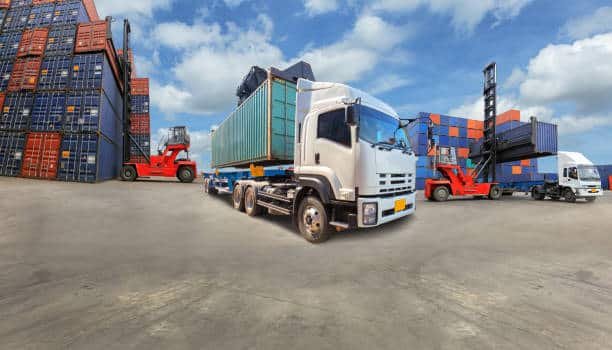
Major International Shipping Lines
The main shipping firms on the China-Tunisia trade route are COSCO, MSC, Maersk and CMA CGM. They run services many times per week, each offering particular levels of transport. The process of booking trips and how reliable the service is should play a big role in your choice of carriers.
Specialized Freight Forwarders
Traders who work regularly with freight forwarders gain access to their rich expertise in documents, customs processing and logistics arrangements. Services include small jobs from one port to another and large deliveries right from the customer’s door to their location.
Take into account the number of customs clearances handled in Tunisia, the network an agent has, the use of advanced technology tools and the quality of customer care before choosing anyone. Being experts in shipping between China and Tunisia, Guanwutong helps companies find dependable solutions for logistics.
Common Shipping Challenges and Solutions
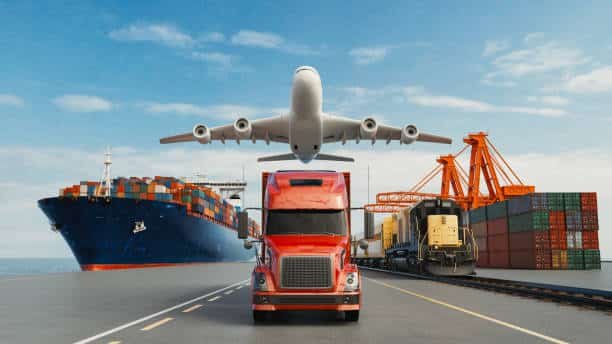
Typical Challenges
There are some regular challenges when shipping between China and Tunisia.
- The lack of common language in both communication and written materials
- Business practices and requirements differ from culture to culture.
- Influxes of shipments during high-demand times
- The possibility of strikes or problems with maritime operations
- Paying no attention to documentation requirements often ends in customs holding goods for a long period.
Best Practice Solutions
Those who manage their shipping well implement different solutions to these challenges.
- Partners informed about both countries’ regulations are useful.
- Make sure that the documents used for the transaction comply with the regulations in the area
- Make your shipment plans far ahead of possible peaks.
- Ensure that you are properly covered by insurance.
- Install technology that lets you monitor your supply chain in real time.
E-commerce and Small Package Shipping
There are particular shipping requirements for small businesses and e-commerce operators bringing goods from China to Tunisia. You can use regular post, commercial workers or services that put together many small packages for better rates.
It is very important to make sure that delivery schedules, tracking services and customer support are up to par in dropshipping arrangements. The service from Guanwutong is designed for companies that use small package shipments for their e-commerce activities.
Special Cargo Considerations
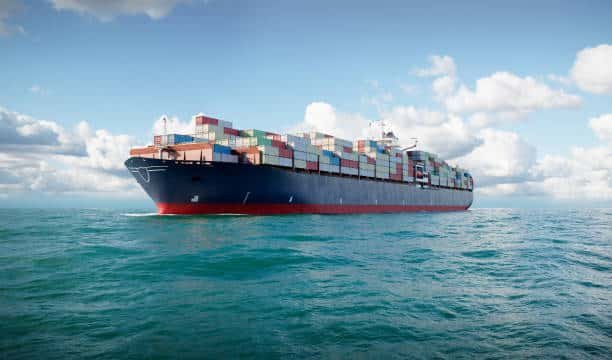
Dangerous Goods Shipping
Transporting dangerous materials calls for taking special care, documenting everything and getting certified by the carrier. The laws for shipping dangerous goods cover packaging, labeling and the means of transportation.
Oversized and Project Cargo
Because of their weight and size, large equipment and machinery in most cases are handled by break bulk shipping, conveyed by special ships and processed via personalized methods. extra paperwork and checks from engineering might be required for shipments of unusual size.
Temperature-Controlled Shipments
Livestock, drugs and perishable items must be shipped using reefer containers or get special handling by air freight companies. It is especially important to keep the cold chain intact while shipping to protect the product’s quality.
Trade Agreements and Regulatory Environment
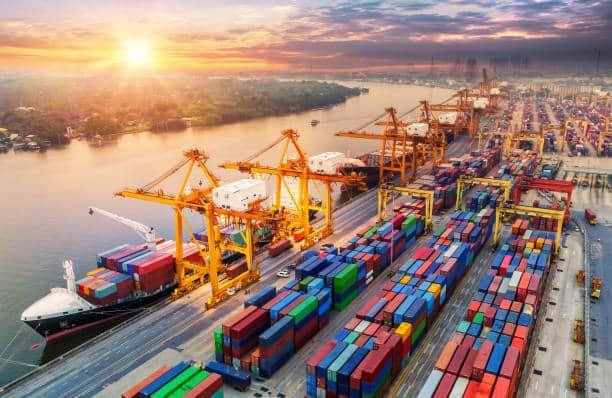
Bilateral trade deals between China and Tunisia have an impact on both the procedures and the expenses related to shipping. Looking into preferential duty rates, quota limits and compliance demands allows companies to plan and manage their shipping better.
Because import regulations keep changing, it is necessary to be aware of the latest updates. Guanwutong’s knowledge of trade laws enables businesses to follow the current regulations.
Future Transportation Trends
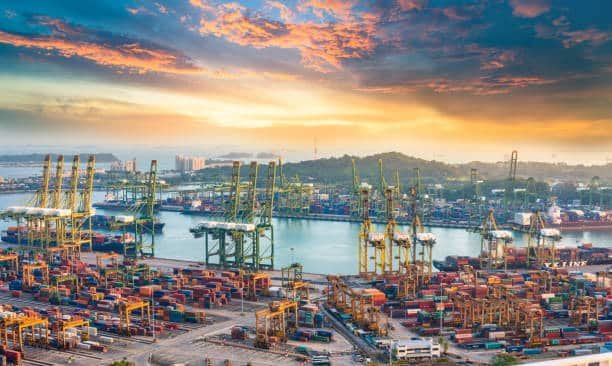
China’s Belt and Road Initiative aims to increase ties between China and North Africa. This may boost shipping choices and help lower expenses for Chinese goods arriving in Tunisia. Greater use of technology in shipping is improving how deliveries are handled.
Currently, more carriers are focusing on sustainability by using greener technologies and improving how they run their operations. Shortly after the pandemic, supply chains shifted their focus to strong and flexible ways of shipping goods.
Resources and Additional Support

Services available in China and Tunisia are helpful when shipping products between these countries.
- Trade promotion activities are run by government agencies in both countries
- Networking and intelligence about the market are offered by industry associations.
- There are trade shows aimed at bringing logistics providers and interested buyers together.
- Online services that let you find and book shipping rates
Conclusion and Recommendations
A good plan, all the paperwork and the best logistics companies are important when shipping from China to Tunisia. You need to understand the modes of transportation, pricing and the regulations involved to have successful trade through this route.
Working with Guanwutong, who has knowledge of Chinese exports and import rules in Tunisia, lets businesses of all sizes benefit greatly. Choosing sea freight because it’s cheaper or air freight for its speed, is a decision that should be planned and guided by experts, making the shipping work a success.
When shipping is small, LCL and consolidation are smart choices, but big shipments may be best for FCL and forming relationships with different carriers. Documentation, compliance and keeping an eye on the shipping process are always important, irrespective of the quantity shipped between China and Tunisia and other North African countries such as Libya dan Mauritania.

